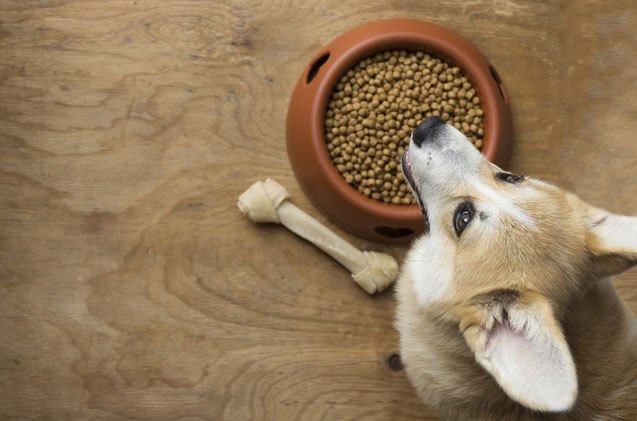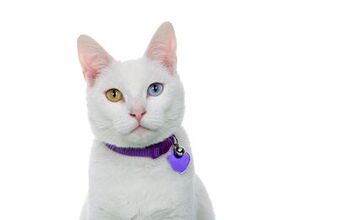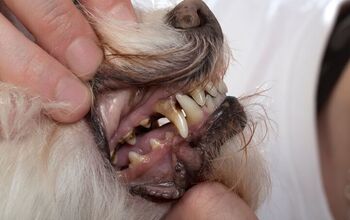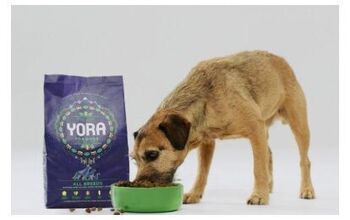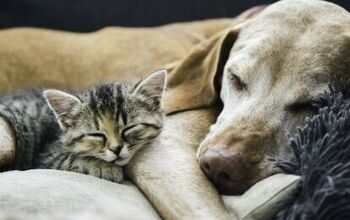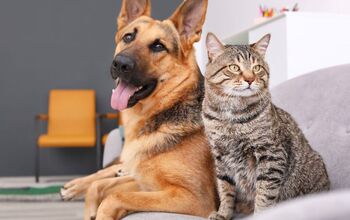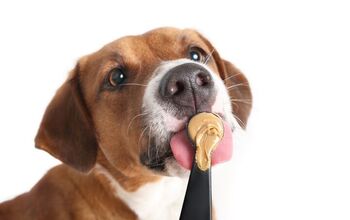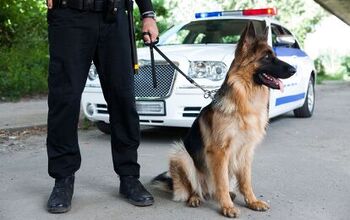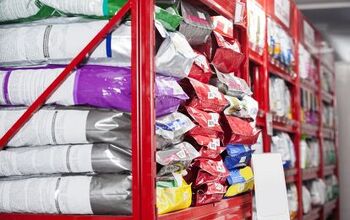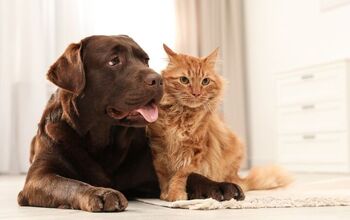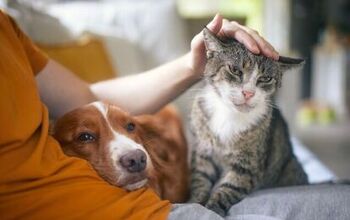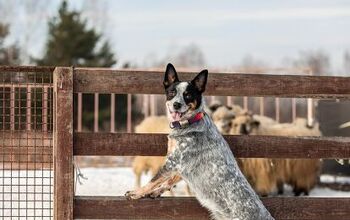The Effect on the Environment of Feeding Cats and Dogs
Many of us are concerned about the environment. We spend time recycling our waste, and we may switch to an electric vehicle to reduce emissions. But how many of us give a second thought to the impact on the environment of feeding our pets? Probably not many!
The problem is, feeding cats and dogs does actually contribute massively to climate change as recent research has uncovered. Feeding all the pets in America for a year has the same impact on the environment as driving 13.6 million cars!
Related: Dry vs. Wet Dog Foods: Which Is The Right Choice? Part 1
If all the cats and dogs of America were to form their own country, despite being a great place for all of us pet lovers to go on vacation, this brave new world would rank fifth in the list of countries ordered by meat consumption levels. The production of all this pet food contributes to the use of pesticides and also to erosion.
Picking up the poop and cleaning out litter trays isn’t the most fun part of pet ownership, unless you’re particularly weird. Our pets produce a whopping 5.1 million tons of poop every year.
Interestingly, the problem is actually getting worse. In the past, most pet foods were made from leftover meats from the human meat trade. the parts of the animals that weren’t put into human food were made into pet food. However, these days, there is a growing trend for luxury and gourmet pet foods. These types of food are made from higher quality meat that could actually be made into food products for humans.
Related: What Does “Human Grade” Mean When it Comes to Dog Food?
A vegetarian diet is not healthy for cats and dogs. So this really isn’t an option. If you are worried that you are contributing to climate change through feeding your pets, then what can you do?
You could balance it out by making some changes to your own life, to counteract the effect your pets are having on the environment. Perhaps you could eat less meat yourself? Or reduce your car journeys to lower your own carbon dioxide emissions. If your pet is overweight, you could cut down on their meat a little. You’ll be reducing the environmental impact of their diet and also ensuring they are fit and healthy too!
More by Emily Hutchinson



